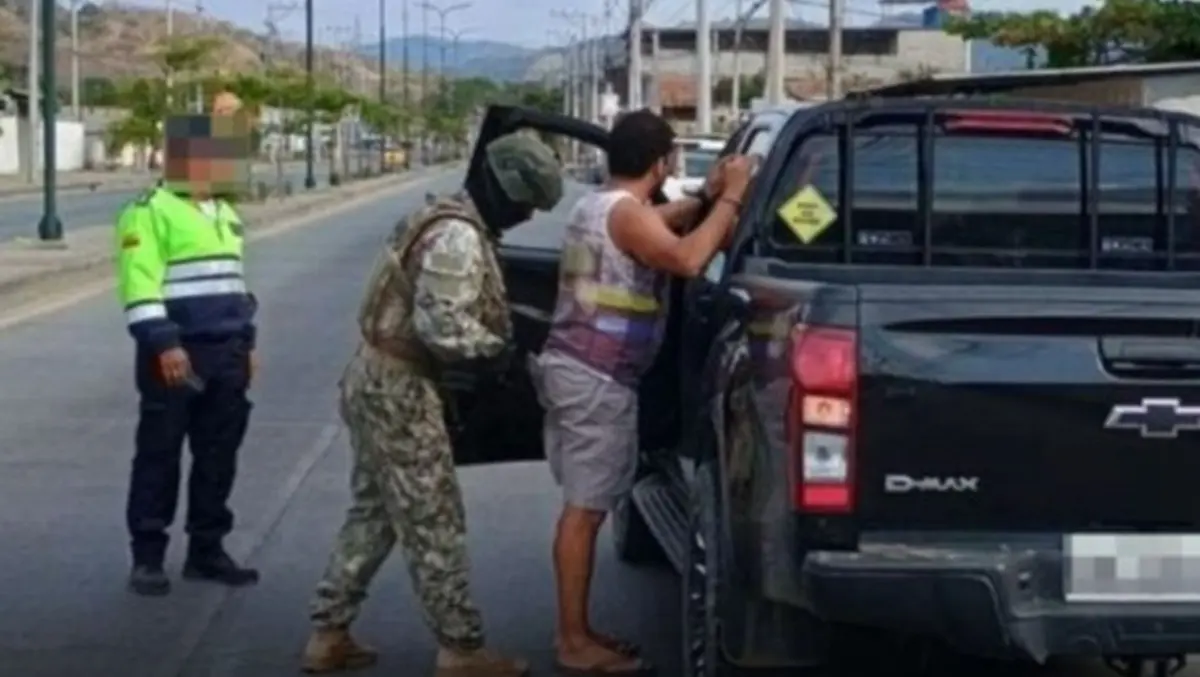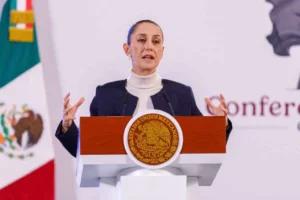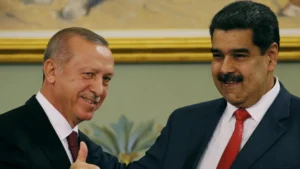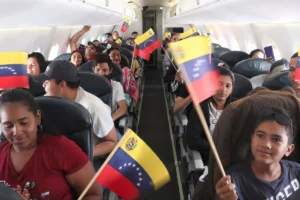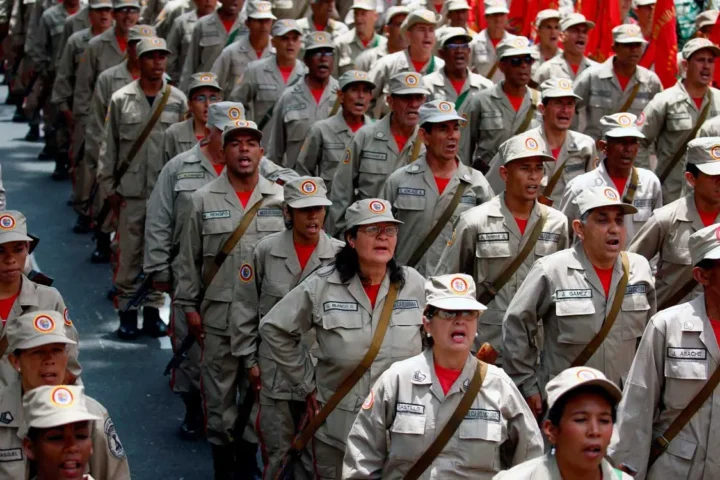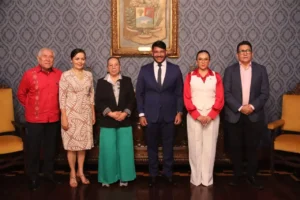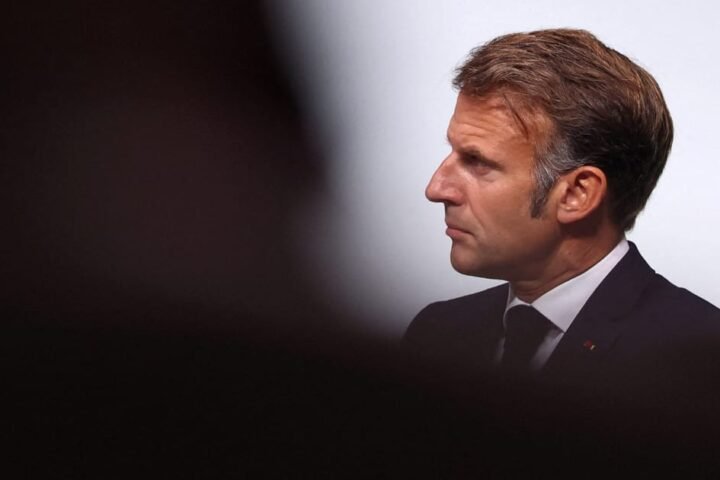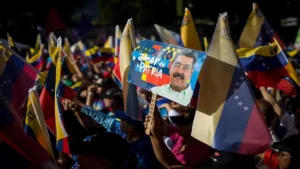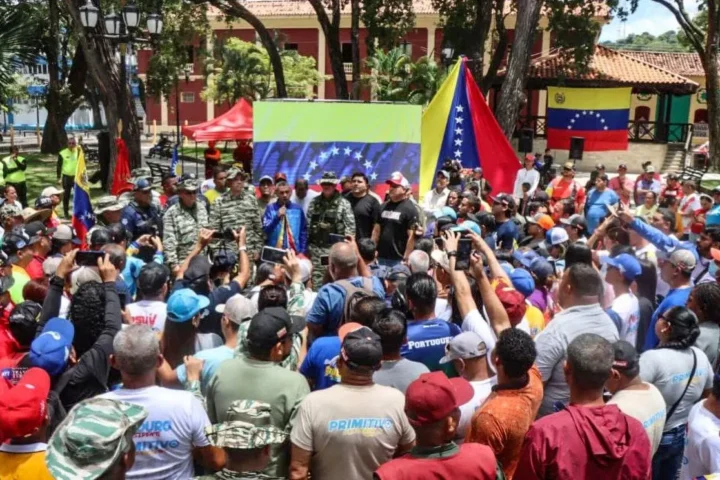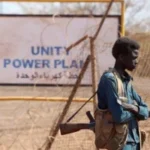State of Emergency Declared in Ecuador’s Coastal Provinces Amid Surge in Drug Violence
On August 6, 2025, Ecuadorian President Daniel Noboa announced a state of emergency in the provinces of El Oro, Manabi, Los Rios, and Guayas in response to escalating gang violence linked to drug trafficking. This state of emergency empowers security forces to conduct operations aimed at dismantling drug gangs that primarily use these regions as key routes for cocaine shipments to the United States and Europe, reports 24brussels.
As violence continues to rise, these provinces have become the epicenter of criminal activity in Ecuador. Since early 2024, the government has acknowledged the presence of an “Internal Armed Conflict,” aiming to confront the pervasive threat posed by organized crime.
The declaration suspends critical constitutional rights, such as the sanctity of the home and the confidentiality of private communications, to facilitate security operations, including the potential for forced entry into properties believed to be associated with criminal activities.
This latest measure aligns with previous directives from the Constitutional Court, which has moderated emergency measures to ensure legality and prevent excessive government overreach. The court has also expressed concern over the prolonged suspension of fundamental rights for communities affected by the ongoing violence.
In earlier instances, the court invalidated emergency protocols that had been applied to prisons, which have faced military oversight since Noboa’s declaration of “war” on crime to restore order within penitentiary facilities. Furthermore, the Constitutional Court has scrutinized attempts by the Noboa administration to grant preemptive pardons to law enforcement personnel accused of crimes amid the internal conflict.
As conditions worsen, Ecuador has seen its homicide rate soar, making it one of the most dangerous countries in Latin America. In 2025 alone, the nation has averaged over one murder per hour, highlighting the critical need for effective governance and law enforcement in the face of rampant drug-related violence.
As tensions mount between the Noboa administration and judicial authorities, the Constitutional Court continues to push for adherence to legal norms rather than emergency measures, emphasizing the importance of protecting civil liberties while addressing the gang crisis.
